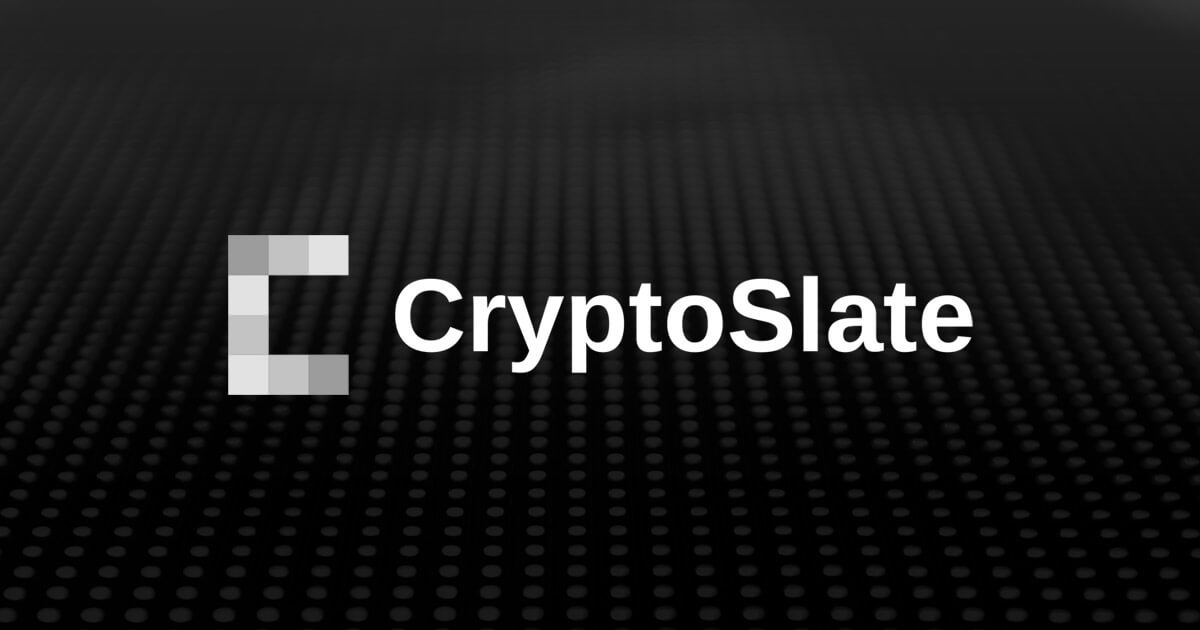 FCA clears path for UK retail crypto ETF trading—kind of Liam 'Akiba' Wright · 4 seconds ago · 3 min read
FCA clears path for UK retail crypto ETF trading—kind of Liam 'Akiba' Wright · 4 seconds ago · 3 min read
FCA aims to strike balance between market growth and consumer protection with crypto ETN access.

Cover art/illustration via CryptoSlate. Image includes combined content which may include AI-generated content.
The UK’s Financial Conduct Authority has proposed lifting its longstanding ban on crypto exchange-traded notes for retail investors, opening the door for broader access to regulated crypto exposure through public investment exchanges.
The move, announced June 6, forms part of a broader regulatory push to bolster market competitiveness and reduce barriers for financial firms.
Retail investors would be allowed to purchase crypto ETNs, debt instruments tied to digital asset prices, if these are listed on a recognized investment exchange and meet the UK’s financial promotion rules.
The FCA emphasized that safeguards would still apply, including requirements for risk disclosures and restrictions on promotional incentives, similar to the rules for direct digital asset sales.
Does the new FCA proposal allow spot Bitcoin ETFs?
The FCA’s proposal does not extend to spot crypto ETFs.
ETNs (Exchange-Traded Notes) are unsecured debt securities that track the price of a digital asset but do not hold the underlying asset. The FCA proposes allowing retail access to these as long as they’re listed on recognized investment exchanges and meet financial promotion rules.
Spot ETFs (Exchange-Traded Funds), which directly hold crypto (e.g., Bitcoin) as the underlying asset, are not currently permitted in the UK and remain subject to broader regulatory and legislative constraints. The FCA has not proposed changes here.
So, this consultation does not pave the way for spot ETFs in the UK. Any move in that direction would likely require new rules around custody, fund structures, and potentially legislative change. For now, ETNs are the FCA’s chosen compromise vehicle for retail exposure under tight oversight.
Charlie Morris from crypto ETF issuer ByteTree celebrated the news, stating,
“I am thrilled by the recent announcement that the FCA has lifted the ban on UK retail investors trading in crypto ETFs.”
[Editor’s Note: In Europe, many issuers (ByteTree included) market their physically-backed crypto products as “ETFs”, even though the legal wrapper is an ETP/ETN/ETC. ByteTree’s blog explicitly lumps the terms together, describing “Bitcoin ETFs (also referred to as ETPs, ETNs, ETCs)” when discussing London listings. Their tweet is therefore branding rather than a statement of new ETF permissions.]
What will change if the proposal is adopted?
Retail clients could buy the same sterling-denominated crypto ETNs that professional investors already trade on the London Stock Exchange, such as 21Shares, WisdomTree, or Invesco products (including ByteTree’s BOLD bitcoin-and-gold ETN).
The trading experience will look like an ETF, with a ticker on an exchange and intraday liquidity. Still, the instrument will remain a note, with counterparty risk to the issuer and no direct title to the underlying coins.
Reversing previous bans
The consultation reverses the FCA’s 2021 policy of barring retail access to crypto ETNs and derivatives. While the retail ban on crypto derivatives will remain in force, the regulator’s latest stance reflects its evolving posture on high-risk investments and its intention to grant consumers greater autonomy in choosing investment products.
According to FCA executive director David Geale, the shift represents an effort to “rebalance” the regulator’s risk framework, allowing retail participants to decide whether such investments align with their risk tolerance.
The change follows a March 2024 update in which the FCA said it would not object to UK exchanges launching dedicated market segments for crypto ETNs aimed at professional investors.
The new proposal would extend this access to retail customers, provided the products are listed on an FCA-recognized venue, such as the London Stock Exchange, and comply with investor protection mandates.
Broader FCA digital asset policies
The announcement appears alongside the FCA’s broader quarterly consultation, which includes measures to simplify reporting obligations for asset managers and reduce unnecessary data collection across regulated firms.
While those measures aim to ease compliance burdens for traditional financial services, the crypto ETN proposal aligns more directly with the UK Treasury’s ambition to position the country as a global hub for digital asset innovation.
Per the FCA’s crypto roadmap published in late 2024, the UK is implementing a phased regulatory regime covering stablecoins, custodial requirements, market abuse prevention, and prudential standards for crypto firms.
Parallel consultations are underway on stablecoin issuance and digital asset custody, while a May 2025 discussion paper outlined proposals for licensing and oversight of broader crypto activities.
The proposed change would bring the UK closer to the regulatory stance adopted by the European Union, where crypto ETNs are widely available to retail investors across exchanges like Deutsche Börse’s Xetra platform and Euronext.
Over 300 crypto-linked ETNs are currently listed on Xetra, and issuers such as 21Shares and VanEck have broadened their offerings to include assets like Solana and PYTH. In contrast, the US has prioritized spot-based Bitcoin ETFs over the ETN structure, with crypto ETNs remaining largely absent from public markets there.
The consultation remains open through July 31. If approved, the change would grant UK-based investors access to crypto ETNs under regulated conditions, a shift expected to reshape retail participation channels without overturning the FCA’s prohibition on derivatives.
By distinguishing between the two instruments, the FCA appears to be signaling a more nuanced approach to crypto regulation, one that attempts to balance market growth with consumer protection within existing legal frameworks.


















































